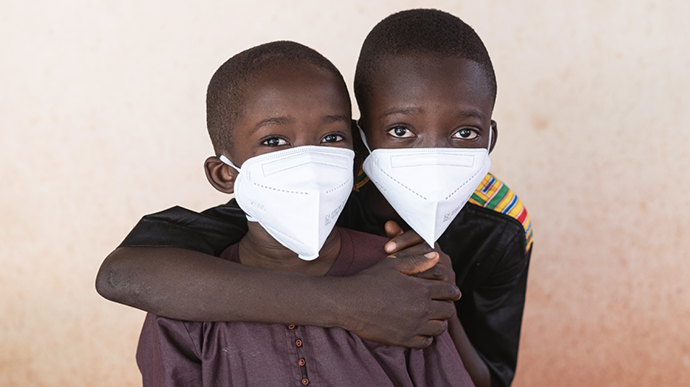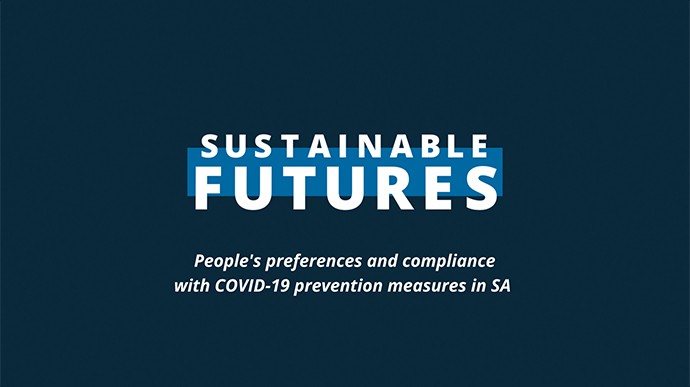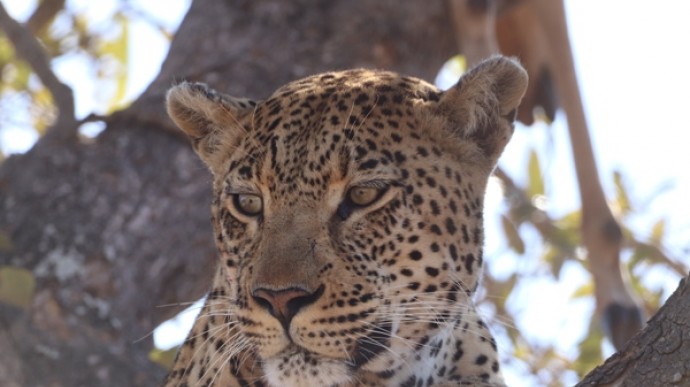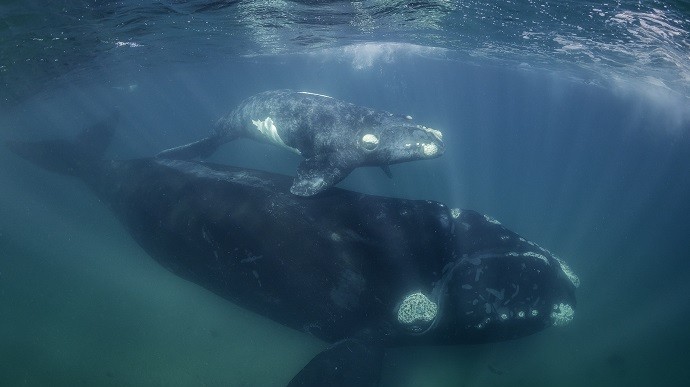 Story
Story
Researchers found high levels of air pollution in areas of Mpumalanga and Gauteng. UP’s Rebecca Garland helped create an artificial intelligence tool to monitor and predict daily air pollution against national air quality standards.
 Story
Story
A study led by researchers at the University of Pretoria (UP) has found that people who believe that others are complying with COVID-19 regulations are more likely to comply as well.
 Web Series
Web Series
Dr Nicky Nicholls and Dr Eleni Yitbarek of UP’s Department of Economics studied beliefs and behavioural preferences as predictors of compliance with regulations aimed at reducing the transmission of COVID-19 in South Africa. Watch this short video to learn more.
 Story
Story
Scientists have studied wild carnivores roaming protected areas for a long time, but predator numbers in unprotected areas remained unclear until recently. In Platjan, Limpopo, where farmers share the land with leopards and other predators, researchers led by Philip Faure have now tracked these elusive animals.
 Story
Story
UP’s Mammal Research Institute Whale Unit and WWF South Africa are teaming up to support research on southern right whales in response to warming oceans and changes to ocean processes which are affecting the number of whales visiting SA's shores.
 Talking Point
Talking Point
Since the onset of the COVID pandemic in 2020, South Africa has borrowed a total of about US$7 billion (about R106 billion). The money has come from the International Monetary Fund, the New Development Bank, the African Development Bank, and the World Bank.
Copyright © University of Pretoria 2025. All rights reserved.
Get Social With Us
Download the UP Mobile App